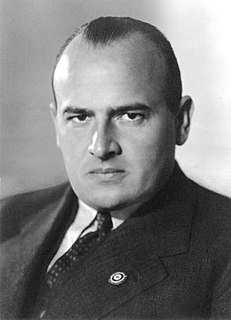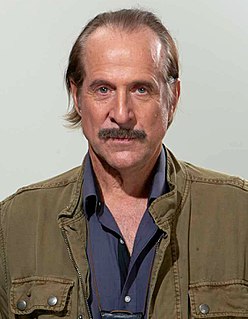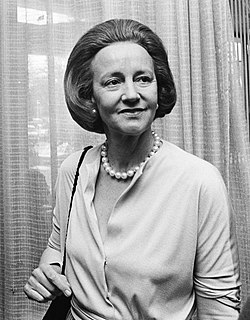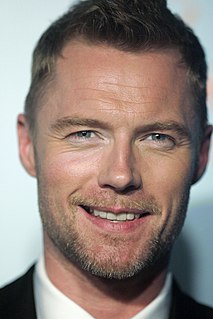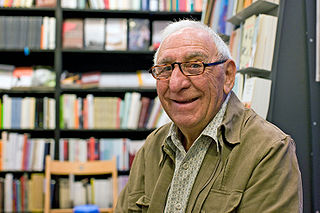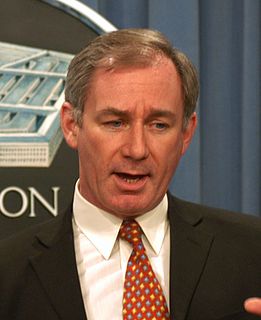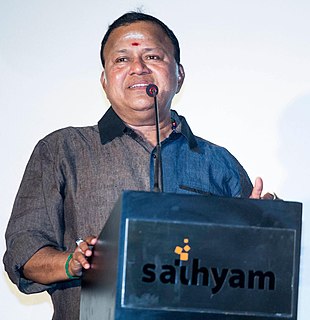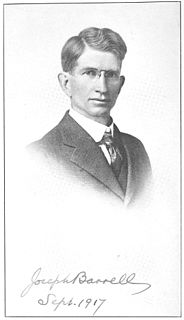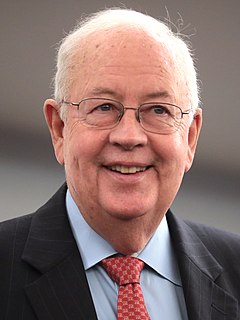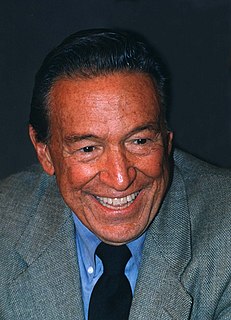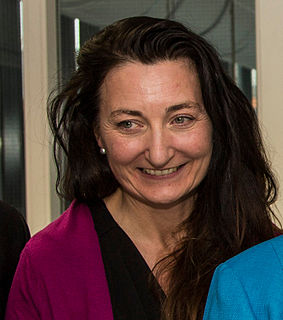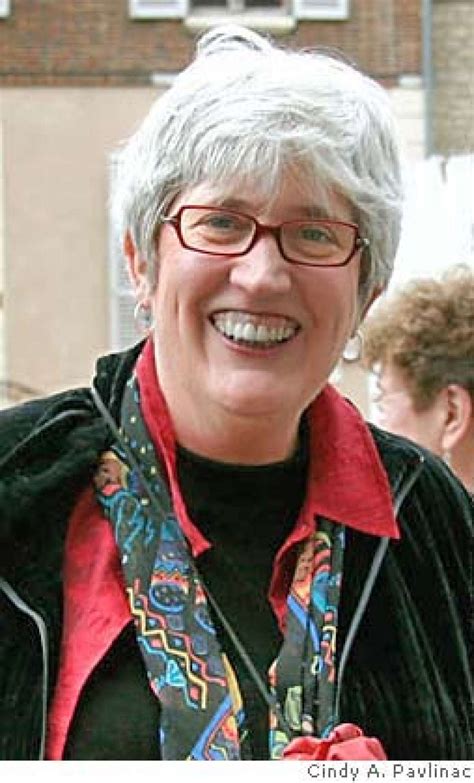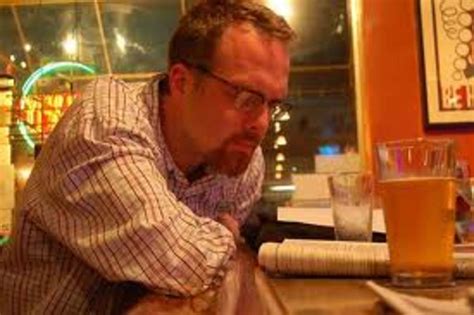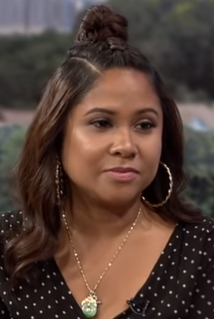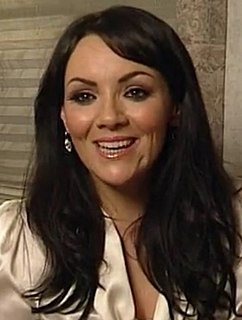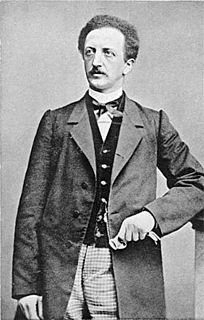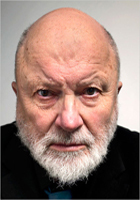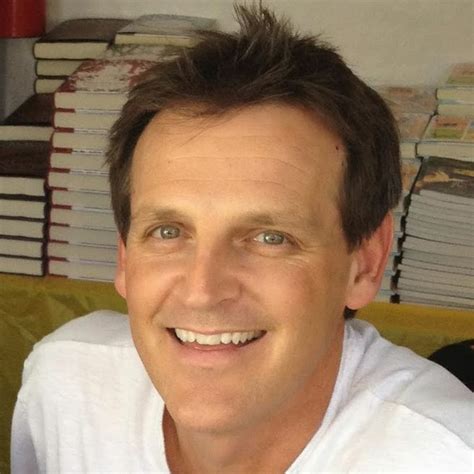Top 1200 Difficult Questions Quotes & Sayings
Explore popular Difficult Questions quotes.
Last updated on December 2, 2024.
You can imagine over very long timescales, perhaps far beyond the multi-decade time scale, we might be able to ask very deep questions about why we feel the way we feel about things, or why we think of ourselves in certain ways - questions that have been in the realm of psychology and philosophy but have been very difficult to get a firm mechanistic laws-of-physics grasp on.
Indeed, the only truly serious questions are ones that even a child can formulate. Only the most naive of questions are truly serious. They are the questions with no answers. A question with no answer is a barrier that cannot be breached. In other words, it is questions with no answers that set the limit of human possibilities, describe the boundaries of human existence.
If you don't put the spiritual and religious dimension into our political conversation, you won't be asking the really big and important question. If you don't bring in values and religion, you'll be asking superficial questions. What is life all about? What is our relationship to God? These are the important questions. What is our obligation to one another and community? If we don't ask those questions, the residual questions that we're asking aren't as interesting.
The great philosophers of the 17th and 18th centuries did not think that epistemological questions floated free of questions about how the mind works. Those philosophers took a stand on all sorts of questions which nowadays we would classify as questions of psychology, and their views about psychological questions shaped their views about epistemology, as well they should have.
have a much harder time writing stories than novels. I need the expansiveness of a novel and the propulsive energy it provides. When I think about scene - and when I teach scene writing - I'm thinking about questions. What questions are raised by a scene? What questions are answered? What questions persist from scene to scene to scene?
In general, questions are fine; you can always seize upon the parts of them that interest you and concentrate on answering those. And one has to remember when answering questions that asking questions isn't easy either, and for someone who's quite shy to stand up in an audience to speak takes some courage.
When a director narrates a character, I find it normal to ask questions about the character's background, mood swings, eccentricities, behaviour... I do this to make my performance relatable. Directors who don't know their characters well find it difficult to answer these questions and, hence, find me annoying.
I think the hardest one had to do with suffering. It had to do with all of our church members and friends passing through difficult times. Sometimes it's the global climate: tsunamis, earthquakes, radiation. I think these kinds of questions are absolutely the most difficult, yet we need to be ready to respond to them because we have to be able as pastors to walk people through these valleys, these tough times in their lives.
I gravitate toward the larger worldview questions such as, Why are we here? What are we supposed to be doing? What does it mean to know another person? To love someone? Of course, those questions are sort of in the background as I'm playing with language in the foreground, but those are the informing questions.
I think the hardest questions had to do with suffering. It had to do with all of our church members and friends passing through difficult times. Sometimes it's the global climate: tsunamis, earthquakes, radiation. I think these kinds of questions are absolutely the most difficult, yet we need to be ready to respond to them because we have to be able as pastors to walk people through these valleys, these tough times in their lives.
You're not a Black man. You're a human being in God's eyes. So when you sit down to talk to someone and you talk to them in really intelligent terms, you ask difficult questions, there's a militancy that's assigned to you without you asking for it, because you are simply judged by what you look like. If you're a white person asking the same questions, you'd be one of these CNN guys and say how brilliant he is. That doesn't work for you, because this is the world we live in.
